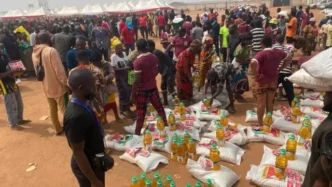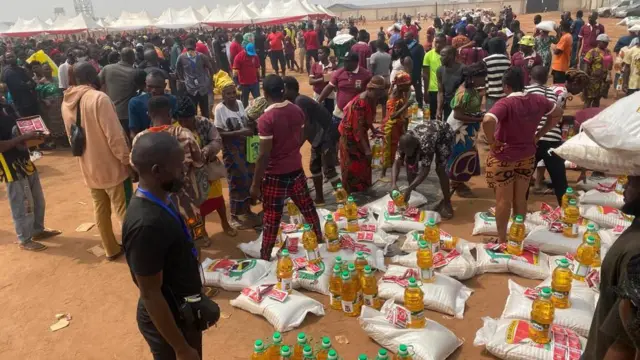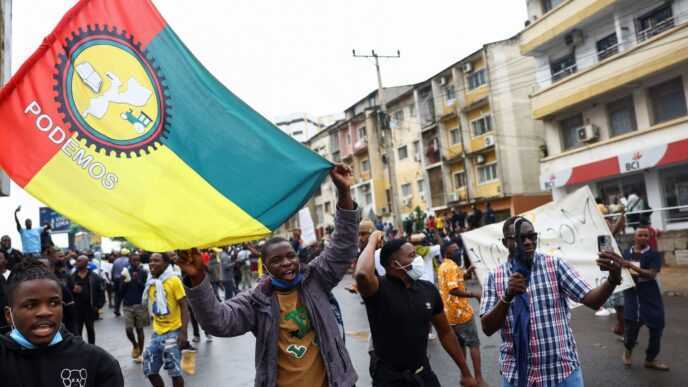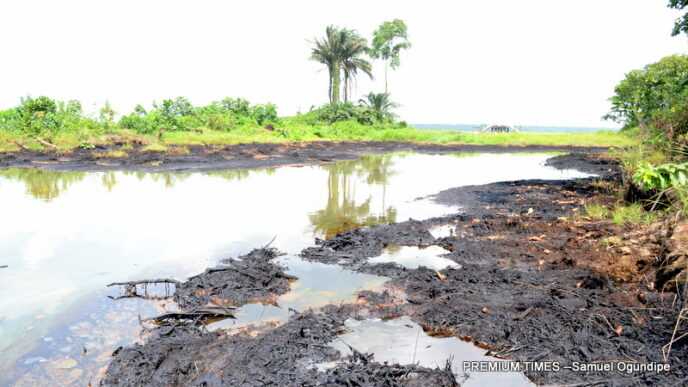The death toll from a tragic crowd crush in the southeastern Nigerian town of Okija has risen to 22, police confirmed on Saturday.
The fatal incident marks the third deadly stampede in Nigeria this week, underscoring the country’s worsening hunger crisis and challenges in organizing safe aid distribution.
A Series of Tragic Events
The Okija tragedy unfolded during a charity event where residents rushed to collect Christmas donations, including rice and vegetable oil. On the same day, a similar event at Holy Trinity Catholic Church in Abuja claimed 10 lives, while earlier in the week, a school funfair in Ibadan resulted in the deaths of 35 children and injuries to six others.
“These tragic incidents highlight the urgent need for a more structured and effective approach to delivering aid to vulnerable communities,” police spokesperson Olumuyiwa Adejobi stated.
Witness Accounts Reveal Chaos
Toyin Abdul Kadri, who witnessed the crush in Abuja, recounted the chaos. “The attendees forced the gates and forced themselves inside,” Kadri told AFP. Among the victims were elderly individuals and four children, highlighting the event’s vulnerability.
In Ibadan, thousands had gathered in the Bashorun suburb on the promise of free food. Residents described scenes of desperation as the crowd, estimated at over 5,000, overwhelmed the venue. Parents were seen attempting to scale fences to gain entry, adding to the chaos.
President Tinubu Responds
President Bola Tinubu expressed deep sorrow over the incidents and called for immediate measures to prevent further tragedies. “In a season of joy and celebration, we grieve with fellow citizens mourning the painful losses of their loved ones. Our prayers of divine comfort and healing are with them,” he stated.
The president urged state governments and law enforcement agencies to implement stricter crowd control measures. He also canceled all official engagements to honor the victims.
Hunger Crisis Driving Desperation
Nigeria’s inflation crisis, compounded by government reforms like the removal of a fuel subsidy, has led to soaring food and transportation costs. Over the last 18 months, these costs have more than tripled, exacerbating widespread hunger and unemployment.
Amnesty International Nigeria addressed the crisis on social media, urging the government to “prioritize addressing widespread hunger, higher unemployment, and the rapidly falling standard of living.”
A Call for Change
The recent stampedes have drawn attention to the dire conditions facing many Nigerians and the critical need for better-organized aid distribution.
With rising inflation and growing food insecurity, urgent action is needed to ensure the safety and well-being of vulnerable communities.
Read More:















